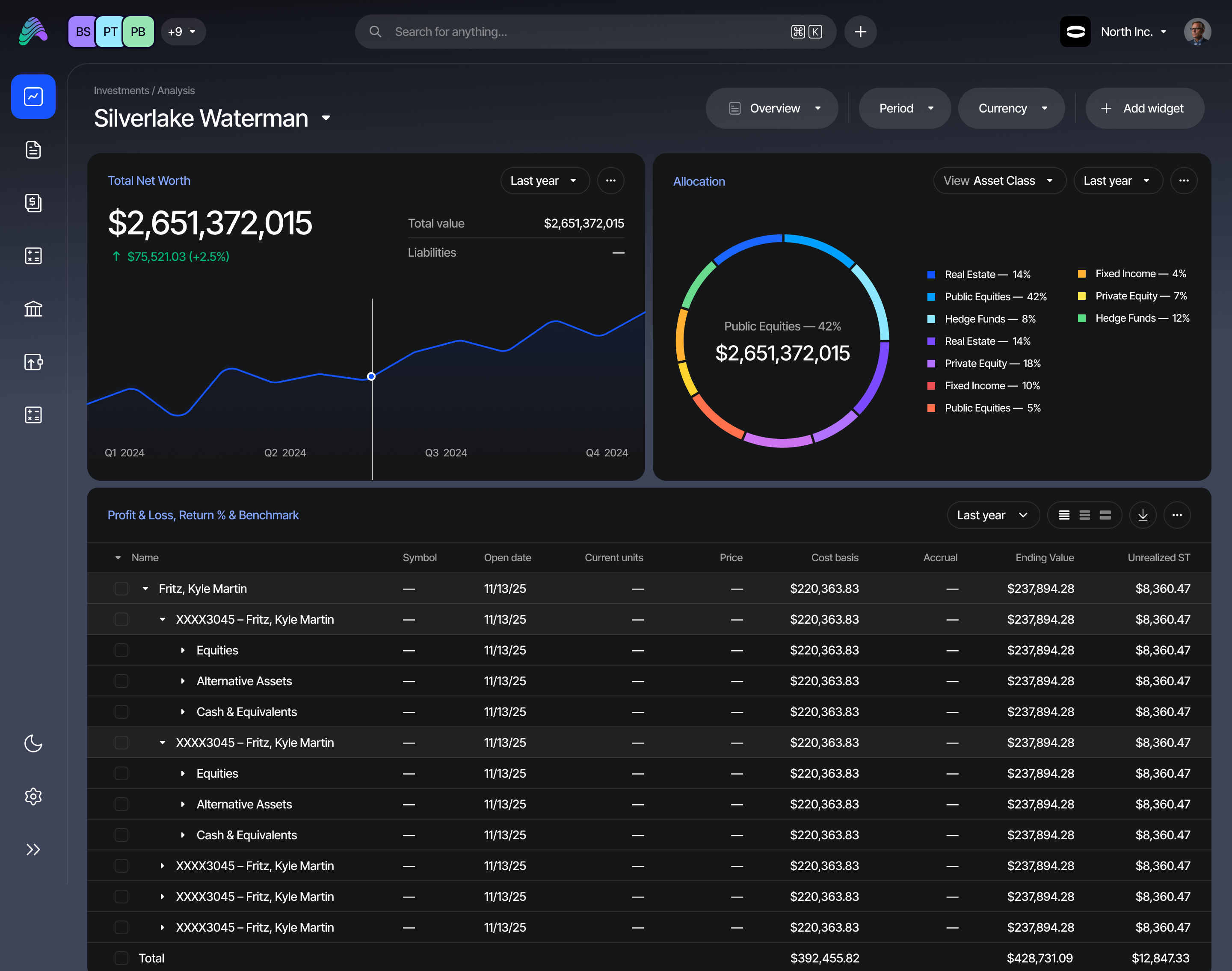The playbook that built your family’s wealth is becoming obsolete. A tsunami of change, driven by a historic wealth transfer and a transformed investment landscape, is testing the very foundation of the traditional family office. The question is no longer if your office must evolve, but how fast.
Recent analysis from BNY Wealth, Blackstone, Capgemini, Campden Wealth and UBS reveals a stark new reality. The strategies of the past are insufficient for the challenges of today, and the family offices that fail to adapt are at risk of being left behind or worse, fired by the next generation.
Here are the three non-negotiable mandates for survival and success in this new era.
Mandate 1: Reinvent the Portfolio for a Private World
The slow, structural shift of capital from public to private markets has hit a tipping point. For sophisticated investors, the traditional 60/40 portfolio is no longer enough to mitigate volatility and deliver returns across the economic cycle. The new frontier is private, illiquid, and uncorrelated.
Family offices are leading the charge, aggressively moving into asset classes once considered niche.
- Private Equity is Core: Private equity is now the central pillar in family office portfolios, accounting for 28% of current allocations. There’s been a 34% rise in offices planning to increase their private equity holdings, with the largest offices (over $1B AUM) showing the most enthusiasm. Next-generation high-net-worth individuals (HNWIs), who are predominantly risk-takers, are particularly drawn to the growth potential of private equity.BNY Wealth, Capegemini
- Real Assets as a Bulwark: Amid rising inflation anxiety, allocations to real assets are surging. Family offices value real estate for its reliable cash flow and its properties as a hedge against inflation.BNY Wealth
- Digital Assets Gain Legitimacy: Cryptocurrencies are rapidly becoming mainstream. Nearly three-quarters (74%) of family offices have either invested in or are exploring digital assets, a 21% jump in just 12 months. With new regulatory clarity enhancing their appeal, cryptocurrencies are solidifying their position in diversified portfolios.BNY Wealth
Mandate 2: Fortify Your Ops - The War for Talent and Tech is On
This seismic portfolio shift is placing immense strain on operations. The move toward direct investing and complex private assets requires a level of expertise and infrastructure that many offices are struggling to build. BNY Wealth, Campden
- Talent is the New Bottleneck: Finding and retaining qualified professionals is the single largest operating expense and a top concern for family offices. Staff turnover now ranks among the most significant operational risks, with 70% of family offices reporting difficulty hiring and 65% concerned about retaining key staff. This talent shortage is a direct bottleneck, hampering the ability to move into new investment areas and execute direct deals.BNY Wealth, Campden
- Strategic Outsourcing is Critical: To fill the gaps, outsourcing has become an essential strategy. Office-related functions like legal services, tax planning, and IT are the most commonly outsourced services, with over 90% of family offices using external providers for them. This allows offices to access specialized expertise without the overhead of full-time hires.BNY Wealth, Campden
- The Technology Gap: Artificial intelligence is poised to become the defining investment theme of the decade , with over half of family offices already using it to help make investment decisions. Yet, a dangerous technology gap persists. Many offices rely on dated systems, spreadsheets, and manual data aggregation. This inefficiency is more than a frustration; family offices with dated systems report significantly lower satisfaction with the quality of information they receive for decision-making.BNY Wealth, Campden
Mandate 3: Master the "Family Pillar" Before It's Too Late
The most profound shift is the rise of the "Family Pillar". The focus is expanding beyond pure financial management to include governance, succession planning, and next-generation engagement. In fact, family engagement and education is now the single most frequently added service by family offices.
This isn’t a "soft" skill, it's a hard requirement for survival. The stakes could not be higher.
- The Great Wealth Transfer is a Great Threat: An estimated $83.5 trillion is set to be inherited by Gen X, millennials, and Gen Z by 2048. This new generation of leaders has different priorities, a strong preference for digital engagement, and an expectation for personalized, value-added services.Campden Wealth
- Your Heirs Are Planning to Leave: A staggering 81% of next-gen HNWIs plan to switch from their parent's wealth management firm within two years of inheritance.Campden Wealth
- The Reasons are Clear and Actionable: They are leaving due to a lack of services on their preferred digital channels (46%), the unavailability of alternative investments (33%), and inadequate value-added services (25%). This directly correlates with findings that satisfaction is persistently low in areas like next-generation education, succession planning, and family governance. Despite being a top priority, nearly half of all family offices still operate without a documented succession plan.UBS
Your Roadmap for the Future
The family offices that thrive in this new era will be those that master the interplay between a modernized portfolio, a fortified operational core, and a robust family framework. The time for incremental change has passed. Bold, strategic action is required.
Benchmark your own operations against these findings. Where are your critical gaps?


.svg)







.png)
%20(1).png)
.png)


.png)
